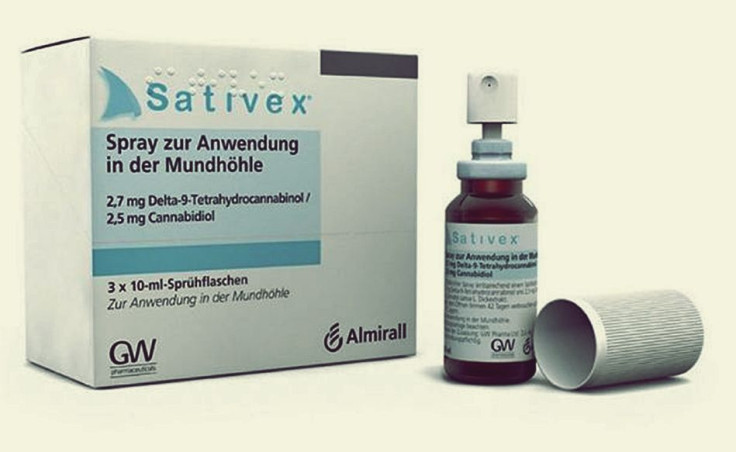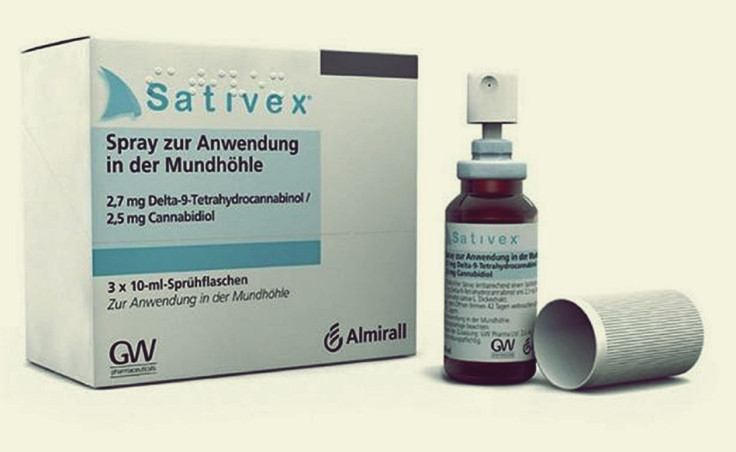Cannabis Withdrawal Symptoms And How To Relieve Them

Going "cold turkey" on marijuana is very unpleasant, according to anecdotal and research evidence, but it is less dangerous and life-threatening to infrequent users of weed compared to an abrupt withdrawal from benzodiazepines and barbiturates.
However, the cannabis withdrawal symptoms (CWS) triggered by going cold turkey on weed might be disabling to frequent and long-term users of cannabis.
Symptoms of cannabis withdrawal “are much less severe than those associated with withdrawal from chronic opioid or depressant use,” said a 2015 study by the National Institute on Drug Abuse (NIDA), “but aversive enough to encourage continued cannabis use and interfere with cessation attempts in some individuals.”
The Diagnostic and Statistical Manual of Mental Disorders (DSM-5) published in 2013 said frequent weed users have CWS when they experience at least three of the following symptoms within a week from cessation:
- Sweating
- Fever
- Headaches
- Poor sleep
- Feelings of depression
- Irritability or hostility
- Nervousness or anxiety
- Loss of appetite
- Restlessness
- Muscular shakiness or tremors
- Dysphoria or a feeling of general unease or dissatisfaction
- Craving for resumed cannabis use
According to a recent medical study, the most common CWS symptoms are nervousness or anxiety (76 percent of respondents), hostility (72 percent), sleep problems (68 percent) and depressed mood (59 percent).
Researchers developed a profile of frequent cannabis users. Typically, they’re male (66 percent of the participants), white (59 percent), young adults age 18 to 29 (50 percent of), college-educated (49 percent), never married (54 percent) and residing in a low-income households (45 percent).
This study led by the Columbia University Mailman School of Public Health and Columbia University Irving Medical Center in New York City investigated what percentage of people who frequently use cannabis may experience CWS.
So, if you want to cut back on your far too frequent use of bongs, vaping, dabbing, tinctures and oral ingestion of weed, what do you do?
Research says there are certain antidepressants that lessen the symptoms of CWS. Mirtazapine (an antidepressant also known as Remeron) is prescribed to counteract the insomnia that’s sometimes associated with CWS.
On the other hand, other antidepressants, including Venlafaxine (also known as Effexor), were found to worsen the CWS, said researchers. Then, there’s the cannabinoids derivative called Sativex.
Canadian researchers tested the use of Sativex (GW Pharma’s 1:1 THC:CBD pharmaceutical)on patients experiencing symptoms of CWS. Not surprisingly, “high fixed doses of Sativex were well tolerated and significantly reduced cannabis withdrawal during abstinence,” the researchers discovered.
Sativex is, after all, composed of the same cannabinoids the patient has ceased to ingest. So is it really withdrawal, or a continuation of the same psychotropic substance in a different form? There is still no satisfactory answer to this question.




























